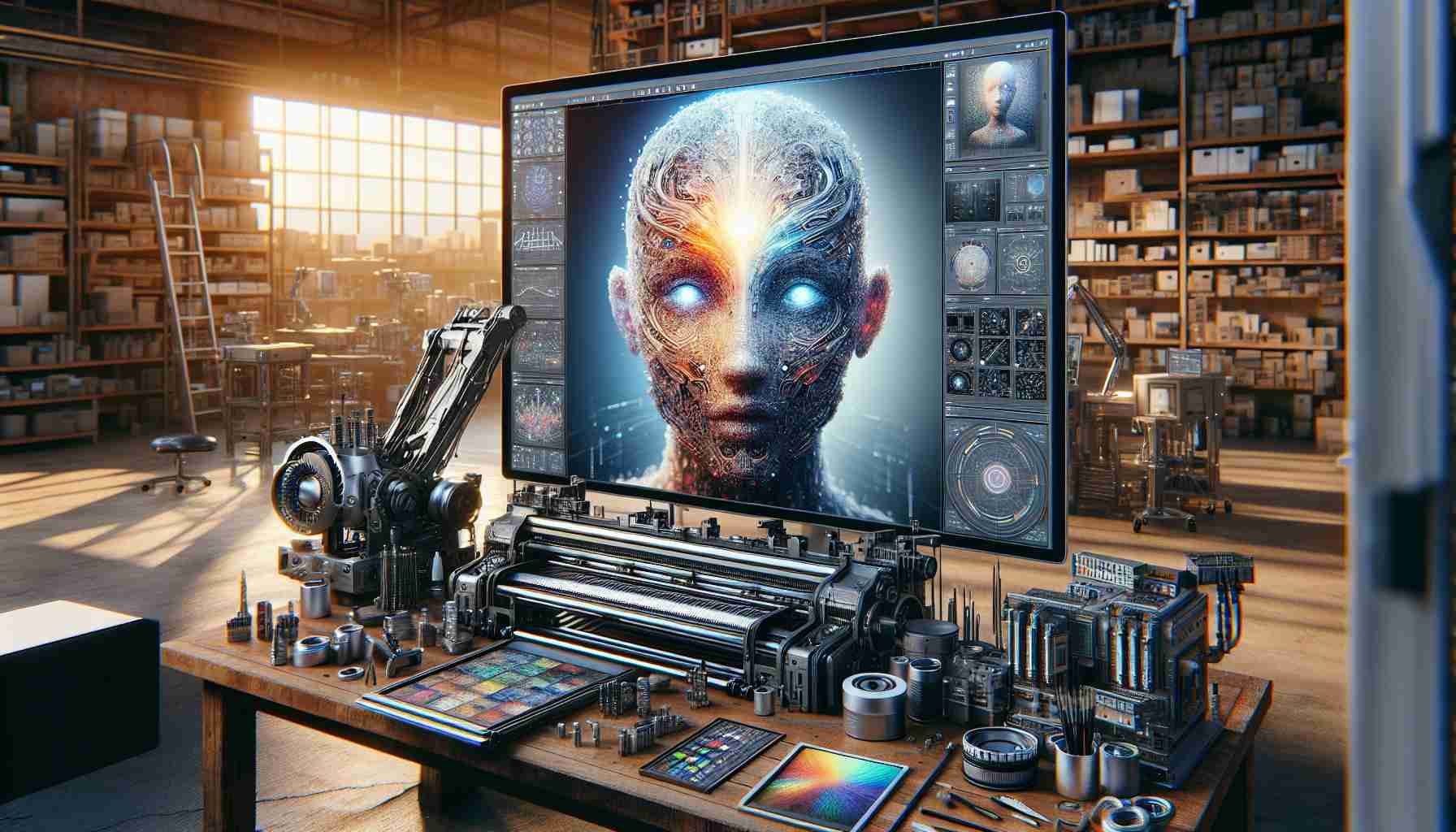Deepfake technology has rapidly evolved, offering powerful tools to generate incredibly realistic images. While this innovation holds exciting possibilities, it also demands thoughtful use due to its complex implications. Let’s delve into the world of the top five deepfake AI image generators that are transforming the landscape of digital imagery.
1. DeepArt: This generator is renowned for transforming regular photos into artwork that mimics famous painting styles. By leveraging neural networks, it allows users to create stunning pieces reminiscent of iconic artists.
2. FaceApp: A widely popular application, FaceApp specializes in altering facial features. Known for its ability to change age appearance with surprising accuracy, this app gained viral attention for making age transformations look authentic.
3. Reflect.tech: This tool shines with its face swapping capabilities. It seamlessly merges faces into any context, providing results that appear nearly flawless, whether for fun or creative projects.
4. ZAO: Taking China by storm, ZAO offers deepfake technology accessible via mobile apps. Users can insert facial features into movie scenes with jaw-droppingly realistic results. The ease of use and quality output make it a standout app.
5. DALL-E: Developed by OpenAI, this generator pushes boundaries by creating images from textual descriptions. Its ability to generate imaginative, whimsical art through textual input exemplifies the future of AI in creative fields.
These five tools represent just the surface of what deepfake technology can accomplish. As AI continues to progress, the potential to shape digital imagery opens doors to new creative horizons and innovative applications. But with great power, responsibility and ethical considerations must follow.
Deepfake Revolution: Unseen Impacts on Humanity and Technology
The advancement of deepfake technology offers a fascinating glimpse into the future of digital innovation, with its capacity to generate hyper-realistic images and videos. Beyond the intriguing artistic and entertainment possibilities, this technology has profound implications for society and technological progress.
Unveiling New Dimensions in Creative Expression
The evolution of deepfake technology could redefine artistic expression. Tools like DALL-E allow artists to create imaginative visuals from textual descriptions, breaking barriers between language and imagery. This fusion of creativity and technology could empower artists to explore novel narrative forms. It poses a pertinent question: Could AI be the successor to traditional collaborative art forms?
The Deepfake Dilemma: Advantages and Controversies
While the ability to produce stunning visuals is undoubtedly an advantage, deepfakes come with controversial undercurrents:
– Advantages: Deepfake creators such as DeepArt have democratized access to artistic tools, enabling individuals without formal training to explore artistic pursuits. This could lead to new career paths and artistic discoveries.
– Disadvantages: A significant downside is the potential misuse of technology in creating deceptive content. The realism afforded by apps like FaceApp and ZAO can be exploited to produce misleading videos, posing threats to privacy, reputation, and even national security.
Can Deepfakes Influence Public Perception?
The implications of deepfakes stretch beyond personal use; they bear the potential to influence public opinion. When used in political contexts, they could be designed to sway elections or damage reputations. This raises critical ethical questions and concerns about the regulation of deepfake technology.
The Human Element: Awareness and Education
As these technologies become accessible, educating the public about their potential risks and ethical use becomes crucial. How can individuals protect themselves against deepfake threats? Promoting transparency and developing detection tools are vital steps in safeguarding truth in digital media.
Looking Ahead: Regulation and Ethical Guidelines
To harness the benefits while mitigating the risks, there must be a balance between innovation and ethical governance. Institutions and governments need to collaborate in establishing guidelines and regulatory frameworks that address these challenges.
For further exploration on how AI continues to transform our world, visit Google AI or explore the latest advancements on OpenAI.
The evolution of deepfake technology is a double-edged sword, offering tremendous benefits but also presenting considerable ethical complications. As humanity stands at this technological crossroads, it’s essential that we move forward with foresight and responsibility.
